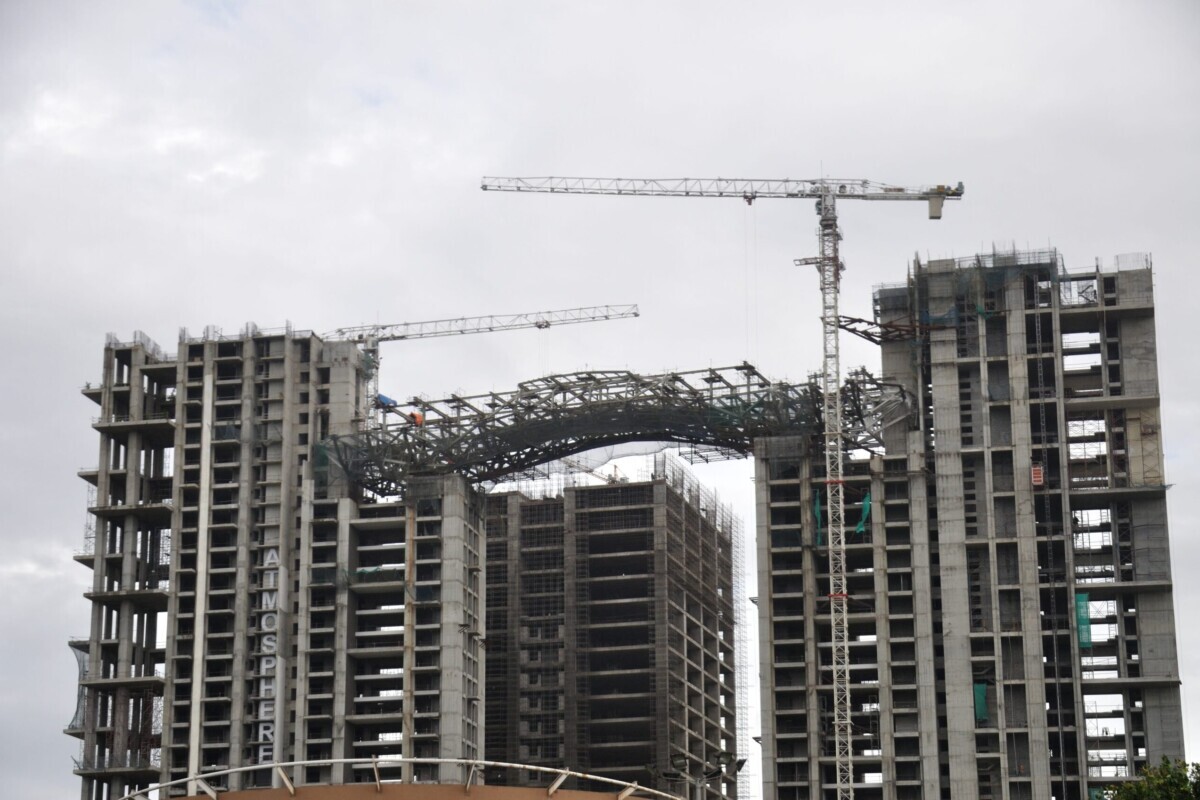India’s environment ministry has announced new rules to improve waste management in the construction and demolition industry. The 2025 rules, set to take effect starting April 1, 2026, will place greater responsibility on waste producers and introduce mandatory recycling targets, reports contributor Akshay Deshmane for Mongabay India. As India rapidly builds infrastructure, the waste from the country’s construction and demolition industry is expected to reach 165 million metric tons annually by 2030, according to India’s Central Pollution Control Board. To curb that waste, the government has introduced a suite of rules to encourage developers to reuse and recycle construction waste. The new rules require that producers — people responsible for construction or reconstruction projects with a built-up area of 20,000 square meters (about 215,000 square feet) or more — must prepare a waste management plan that assesses the amount of waste expected from all aspects of their project and submit it to the local authority for approval. The rules also define extended producer responsibilities (EPR), requiring producers to collect and segregate waste, store it safely, and ensure recycling or proper handover to authorized agencies or recyclers. Producers must reach EPR recycling targets of 25% in 2025-26 and 100% by 2028-29. Additionally, the new rules require that processed construction and demolition debris must be reused in certain construction activities; 5% in the next two years and 25% by 2030-31. “The mandated minimum targets for using recycled C&D [construction and demolition] waste in construction and infrastructure projects are especially promising. They can…This article was originally published on Mongabay
From Conservation news via this RSS feed


